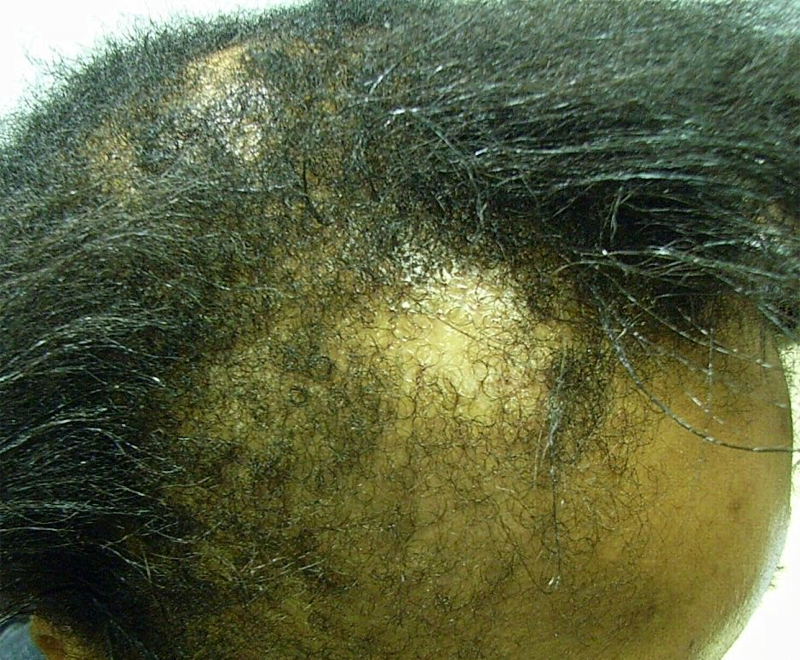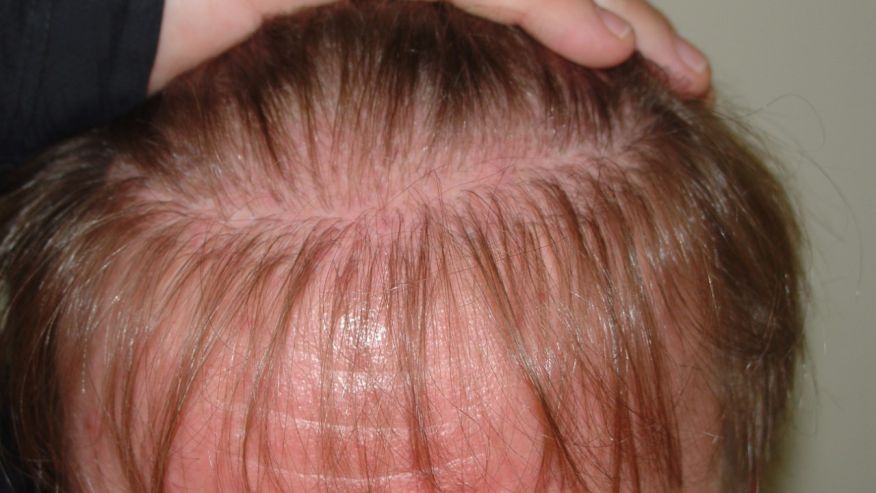
For many, hair loss makes life psychologically more challenging because it decreases our self-confidence. (iStockphoto)
The 1992 bestseller “Men Are from Mars, Women Are from Venus” was written to improve inter-gender relationships and tensions, enhance communication and provide a greater understanding of the differences between the sexes. I believe the author of this book, John Gray, wrote an insightful and sometimes humorous essay of the complex human relationships in today’s culture and society. Although it was written 25 years ago, the material is still applicable to human relationships today.
With the advent of social media, we have created a “look at me” culture that can be both supportive and sometimes extremely critical of what society has deemed to be “physical imperfections.” And while we try to escape our perceived list of serious shortcomings by retreating to our man caves or finding solace in a girls’ night out, I find that many of my patients cannot look past their hair loss.
[See: 10 Seemingly Innocent Symptoms You Shouldn’t Ignore.]
We all know that hair loss impacts self-esteem and confidence in both men and women. In fact, 2 in every 3 American men will experience some degree of hair loss by the age of 35. Sadly, new investigations show more than a quarter of men under the age of 35 turn to substance use due to hair loss. The survey of just over 2,000 men, commissioned by Asda Pharmacy, demonstrates the adverse psychological impact on young men who are losing their hair.
The survey also found that 41 percent of men under 35 years of age would rather lose their home or sight in one eye than experience hair loss. Another 36 percent of men referred to hair loss as one of their biggest worries and said it negatively impacted their self-esteem; 38 percent reported that hair loss makes them depressed, while many said hair loss negatively impacted their social and romantic lives. Almost one-third said they felt a lack of self-confidence, with 4 in 10 experiencing a decrease in libido and sex drive, and about one-third avoiding socializing with friends and family.
[See: The Best Foods for Your Skin.]
For many, hair loss makes life psychologically more challenging because it decreases our self-confidence. Fortunately, we don’t have to accept our plight thanks to newer, minimally invasive hair restoration surgical techniques. Compared to older hair transplant procedures, “plugs” are a thing of the past, and flaps causing an unsightly Trump-like combover no longer exist. The newest and most clinically effective hair transplant technique is called follicular unit extraction, or FUE, and it has dramatically improved aesthetic outcomes.
FUE is a minimally-invasive hair surgical harvesting technique that doesn’t leave a donor linear scar in the back of the head. The harvesting technique is defined by and literally means excision and removal of individual hair follicles from the back of the head, which are then relocated to areas of the balding scalp. There are currently two main harvesting techniques. One is called strip, and it could potentially leave a scar in the back of the head if the hair is cut short; the second is the more popular FUE. FUE leaves a significantly smaller 1 mm scar that can only be seen if the hair is shaved or cut very short, like a Marine bootcamp look, for example.
[See: What Only Your Partner Knows About Your Health.]
Thanks to advances like FUE, both men and women have hope in restoring our self-esteem and confidence because of modern science technologies and more cosmetic appealing hair restoration surgery. The great news is that hair surgery is not restricted to men, as women can also benefit from hair transplantation. I think Dr. Gray would say that’s something both sexes can agree on.
[“Source-usnews”]
















